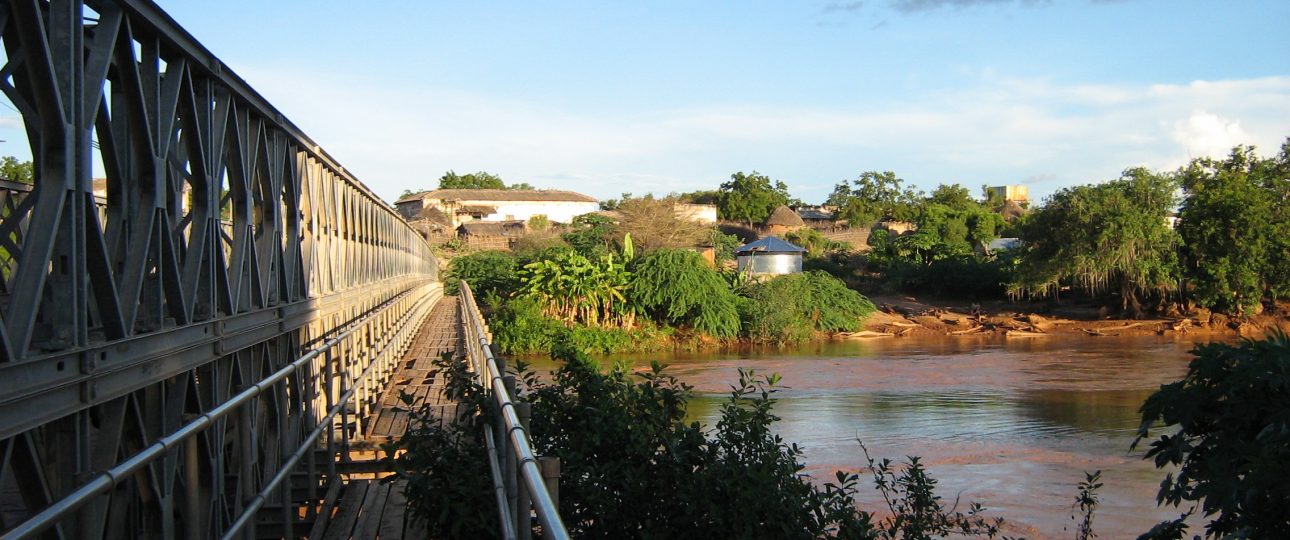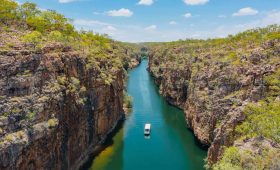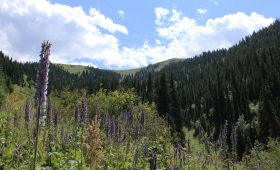Discovering the Jubba River in Somalia
If you’re seeking an adventure that combines natural beauty with rich history, the Jubba River in Somalia might be your next destination. This river, flowing through the heart of the country, offers a glimpse into both the ecological diversity and the historical significance of the region. From its fertile banks to the remnants of ancient civilizations, the Jubba River is a place of discovery.
Getting to the Jubba River
Reaching the Jubba River requires some planning. The journey typically begins with a flight into Aden Adde International Airport in Mogadishu. From there, you can arrange for a domestic flight or hire a local guide to drive you to the river. Given the remote nature of the area, it’s crucial to organize your travel logistics in advance to ensure a smooth trip.
Best Time to Visit
The ideal time to explore the Jubba River is during the dry season, from December to February. During these months, the weather is more predictable, and the river is at its most accessible. Avoid the rainy season, as heavy rains can make travel difficult and limit your ability to explore the area.
Exploring the Jubba River
Nature and Wildlife
The Jubba River basin is a savanna region, known for its ecological richness. It’s home to a variety of wildlife, including giraffes, cheetahs, lions, and hippos. Birdwatchers will find a plethora of species to observe. The river’s lush surroundings provide a habitat for both flora and fauna, making it a fascinating spot for nature enthusiasts.
Historical Significance
The Jubba River has a storied past, once forming part of the Ajuran Empire, a hydraulic empire that thrived in the Middle Ages. The empire utilized the river for irrigation, supporting agriculture and trade. Today, remnants of this sophisticated civilization can still be seen in the form of ancient wells and irrigation systems. Exploring these historical sites offers a unique insight into the region’s past.
Local Culture and Traditions
Visitors to the Jubba River can immerse themselves in Somali culture. The local communities are known for their hospitality and are eager to share their traditions. Sampling traditional Somali cuisine, with its rich spices and flavors, is a must. Engaging with the locals provides a deeper understanding of the region’s cultural heritage.
Local Transportation
Traveling around the Jubba River area can be done via shared taxis for short distances. For longer journeys, hiring a private vehicle or guide is recommended. Always negotiate fares in advance and ensure that your transportation is reliable and safe before setting out.
The Jubba River offers a blend of natural beauty and historical intrigue. While it requires some effort to reach, the rewards are plentiful for those willing to explore this unique part of Somalia.




